
The delicacy of Chinese poetry is a bit hard to translate into Western languages such as English. The written Chinese system is composed of pictograms or written symbols that can convey all by themselves an object or an abstract idea. Not only do you read the sound of a word but also capture the visual cultural symbol as interpreted by traditional calligraphy. Chinese poetry is exquisite in the sense that it can draw beautiful images in your mind. Chinese poetry is evocative and serene. It is important to try different translators. In Chinese poetry the translator becomes a distant co-poet. His translation must be based on his or her knowledge of Chinese culture and history. Even if you cannot read classical Chinese to decipher this amazing poetry you could trust a good or renown translator to direct you, like a good field guide, into the depths of one of the oldest poetry known to man.
This is my little attempt to enjoy Chinese poetry fully using a little bit of my imagination. I've accompanied each verse of the poem Seeing a Friend Off by Li Bai, 701-762 (Translated by Tony Barnstone and Chou Ping) using images we recognize instantly like I think Chinese readers do when they see Chinese characters. Of course I do not know what they actually see in these symbols beyond their meaning but I suspect they see a beautiful and profound mindscape.



Blue mountains past the north wall,
white water snaking eastward.
Here we say good-bye for the last time.
You will fade like a hayseed blowing ten thousand miles away.
Floating clouds are the way of the wanderer.
The sun sets like the hearts of old friends.
We wave good-bye as you leave. Horses neigh and neigh.




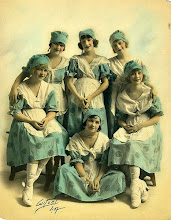

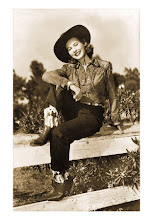

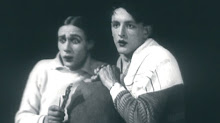
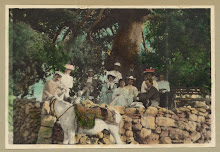

































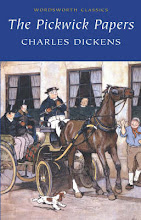





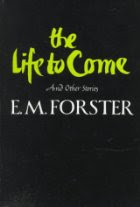






.png)

















5 comments:
What a lovely post. The images are perfect with your subject.
My friend dutchbaby's father wrote his own Chinese dictionary and published it himself years ago. She gave me a copy and I loved seeing each pictogram and how it told a tiny story. But to learn that language would take a lifetime.
Such expressive images to illustrate the words - very evocative. Chinese calligraphy has such a rhythmic balance of thick and thin strokes - it has a music all its own. Lovely post, PC.
Beautiful images and treatment of artistic taste and appreciation. I think it would be impossible not to like Chinese expression after this!
Lovely. Two points: perhaps a line under a picture would get that chinese pictogram instant correlation you are after and pedantically, I know, I must insist that verbs be linked by "as" rather than "like". For example, do as I do, don't say, "do like I do".
Suza- I love to think of poems as songs too.
Cynthia- I'm glad youliked it, of course the beauty of it is that each one would have a totally different interpretation.
Marc- I transcribed the poem as it appeared in an anthology I own.
Post a Comment